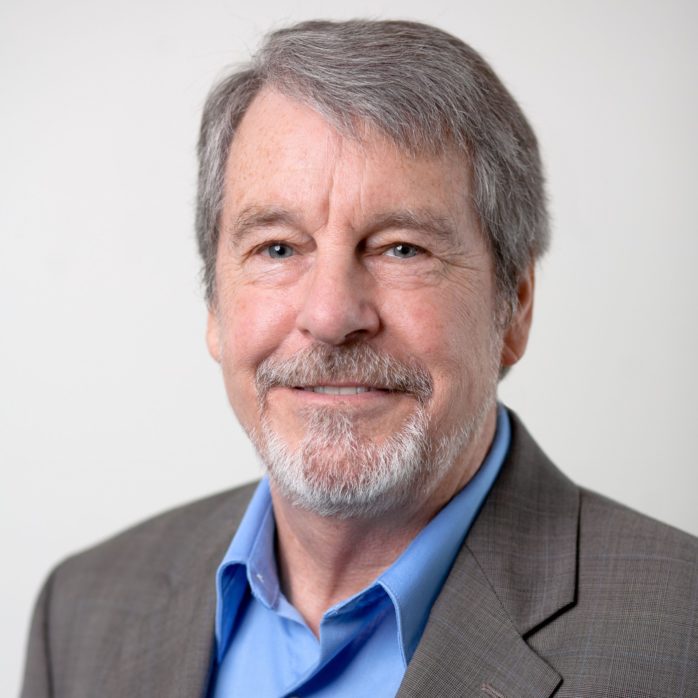Will Old Donation School Ever Be Fully Integrated? Part 1: Change Is Slow
- Doug Wren

- Mar 21, 2023
- 2 min read
Updated: Sep 24, 2025

If you saw my seven-part blog series last summer or my follow-up post, Two Steps Forward and One Back, then you know I’m highly critical of the methods Virginia Beach City Public Schools (VBCPS) uses to identify children for its gifted programs. What bothers me the most is the way VBCPS chooses students to attend Old Donation School (ODS), a $63 million state-of-the-art “academy for advanced academics” for children in grades 2-8. My 2021 article, Promoting Privilege: Selecting Students for a Public Gifted School, describes these identification and admittance guidelines in detail.
I find VBCPS’s failure to address the socioeconomic and racial inequities at ODS inexcusable, especially since the superintendent and his staff have known about them for years. Although ODS increased the percent of economically disadvantaged students from 14.4% in 2021-22 to 15.9% in 2022-23, the percentage remains far short of the proportion of economically disadvantaged students in Virginia Beach: 45.9% (30,111 out of 65,550 enrolled students in 2022-23).
The student body at this academy for advanced academics continues to be dominated by White and Asian students, as illustrated in the pie charts below. While ODS's enrollment increased from 1,306 to 1,335 students from the previous school year to the present school year, the total number of Black students at ODS fell from 77 to 69 – about 5% of the school's students. Why is this happening in a school district where Black students comprise 23% of all students (15,076 out of 65,550)?

Source: Virginia Department of Education, Fall Membership Reports, 2022
Regarding the lack of diversity at ODS, someone told me that “change is slow.” I think the implication was that things change slowly around here, which reminded me of a joke about the Old Dominion State:
Question: How many Virginians does it take to change a light bulb?
Answer: Six – one to change the bulb and five to talk about how well the old one worked.
I refuse to accept what many believe is a universal truth about change. Change does not have to be slow, but it generally is when selfish people strive to maintain the status quo (e.g., this). Public education has always been slow to change, but that's not a valid excuse. At the beginning of the pandemic, we saw how quickly schools transitioned from in-person instruction to remote learning.
Perhaps education could learn from the corporate world and discover why fast change is better than slow change. With the recent departure of its Director of K-12 and Gifted Programs, a change in building administrators at the school, and the district's seemingly new focus on increasing the number of identified gifted students, now would be an excellent time for VBCPS to start thinking outside the box and fix the inequities at ODS.
Please stay tuned for Part 2 of this blog series, titled The Folly of Testing First Graders.





